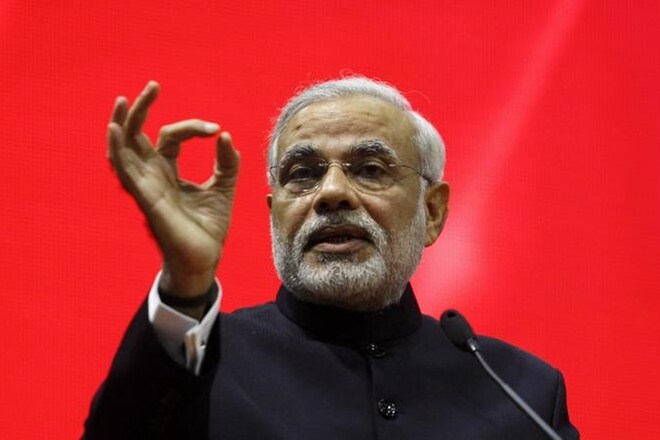Budget 2018: The projection of India’s GDP growth at a rate of 7-7.5% in the next fiscal year is just one of the highlights of the Economic Survey that was tabled in Parliament on Monday. Having set off the countdown to the presentation of the last full Union Budget by Finance Minister Arun Jaitley, the survey lays stress on a number of key areas which have the potential to catapult India as a global leader. One of the key pitches that the economic survey makes is for investment in research and development. This, as per the survey, can propel India to world leadership in a number of areas. The survey lists out a comprehensive list of Missions that outline where the stress is needed by the scientific community, government, and other stakeholders in order to make India a global leader.
National Mission on Dark Matter: The economic survey states that the country needs at least one mission that is directed towards the basic sciences. India is one of the leading countries in high energy physics and relevant mathematics. The payoffs from this research will have implications on space missions of the future, quantum computing, newer solutions to energy problems etc., the survey says. This mission can build on the strong foundation of astronomy and astrophysics research institutes in the country.
Know how Arun Jaitley’s Budget 2018 will impact your tax liability with this Income Tax Calculator
Mission on Genomics: As per the economic survey, Genomic research lies at the heart of the future of life sciences. Currently, several countries have launched ambitious national genomic research projects e.g. UK Biobank Study; Finnish Birth Cohort Study; Partners HealthCare Bioban; China Kadoori Biobank. These studies are collecting detailed phenotype information, as well as blood and tissue samples, to study the determinants and life-course of biological pathways and disease. The economic survey states that India already has a strong foundation of life science research institutes which together can make significant contributions in this area.
ALSO READ: Budget 2018 expectations: After Economic Survey, much now depends on what FM Arun Jaitley has in store
National Mission on Energy Storage Systems: Renewable energy is the future and India has made a major commitment to invest in renewable energy, the survey points out. Energy storage technologies (e.g., batteries) help in energy management and power quality in electric power systems. India has lagged in manufacturing renewal energy generation systems. Substantial investments in energy storage systems will ensure that India can be a leader in manufacturing energy storage systems.
National Mission on Mathematics: The survey points to two distinct advantages that Mathematics has for India: i) it is not capital intensive; ii) standards of excellence are universal. A National Mission of Mathematics will improve mathematics teaching at all levels of higher education, seek to establish five institutes of mathematical sciences within existing institutions, conduct annual district, state and national math Olympiad competitions with sizeable scholarships for all winners, with the overall goal of rapidly increasing India’s human capital and research profile in mathematics within a decade, it says.
WATCH| Budget 2018: What Government Needs To Do For World-Class Competitive Infrastructure
National Mission on Cyber-Physical Systems: As per the economic survey, Cyber-Physical System or the CPS refers to machine-based communication, analysis, inference, decision, action, and control. This is in the context of a natural world that is the “Physical” aspect. This field is a multidisciplinary area which includes deep mathematics used in Artificial Intelligence or AI, Machine Learning along with other aspects as well. A boost in investment in this sector will benefit the country in numerous ways, as per the economic survey.
National Mission on Agriculture: One of the core areas, that make India a powerful nation is its powerful agriculture. Improving Indian agricultural productivity, which still lags other countries such as China, as well as creating resilience to the looming challenges in terms of rising temperatures, variable precipitation, water scarcity, increase in pests and crop diseases requires a major thrust in agricultural science and technology. A national mission could help overcome the weaknesses in existing institutions of agricultural research and technology, the survey points out.


